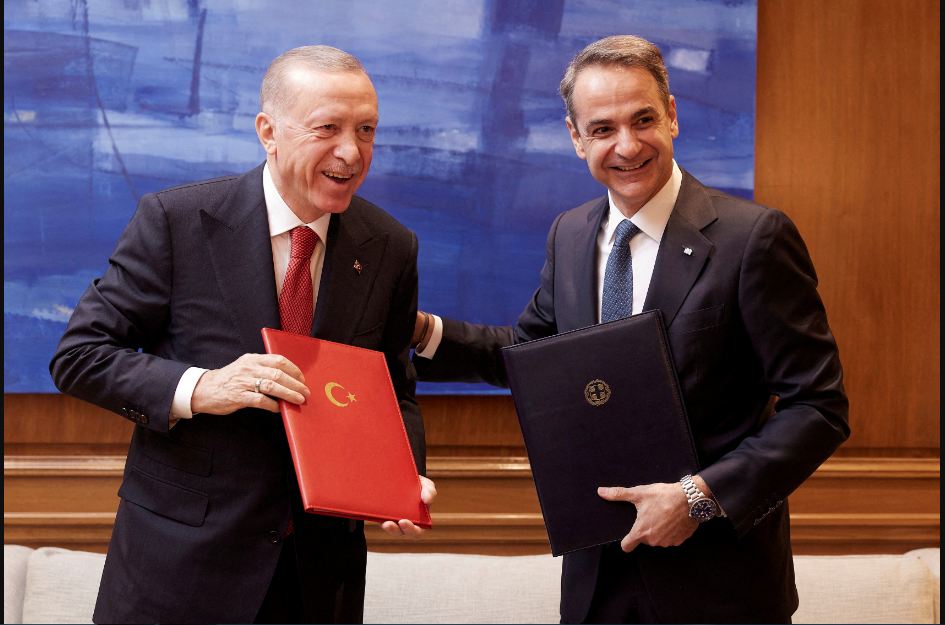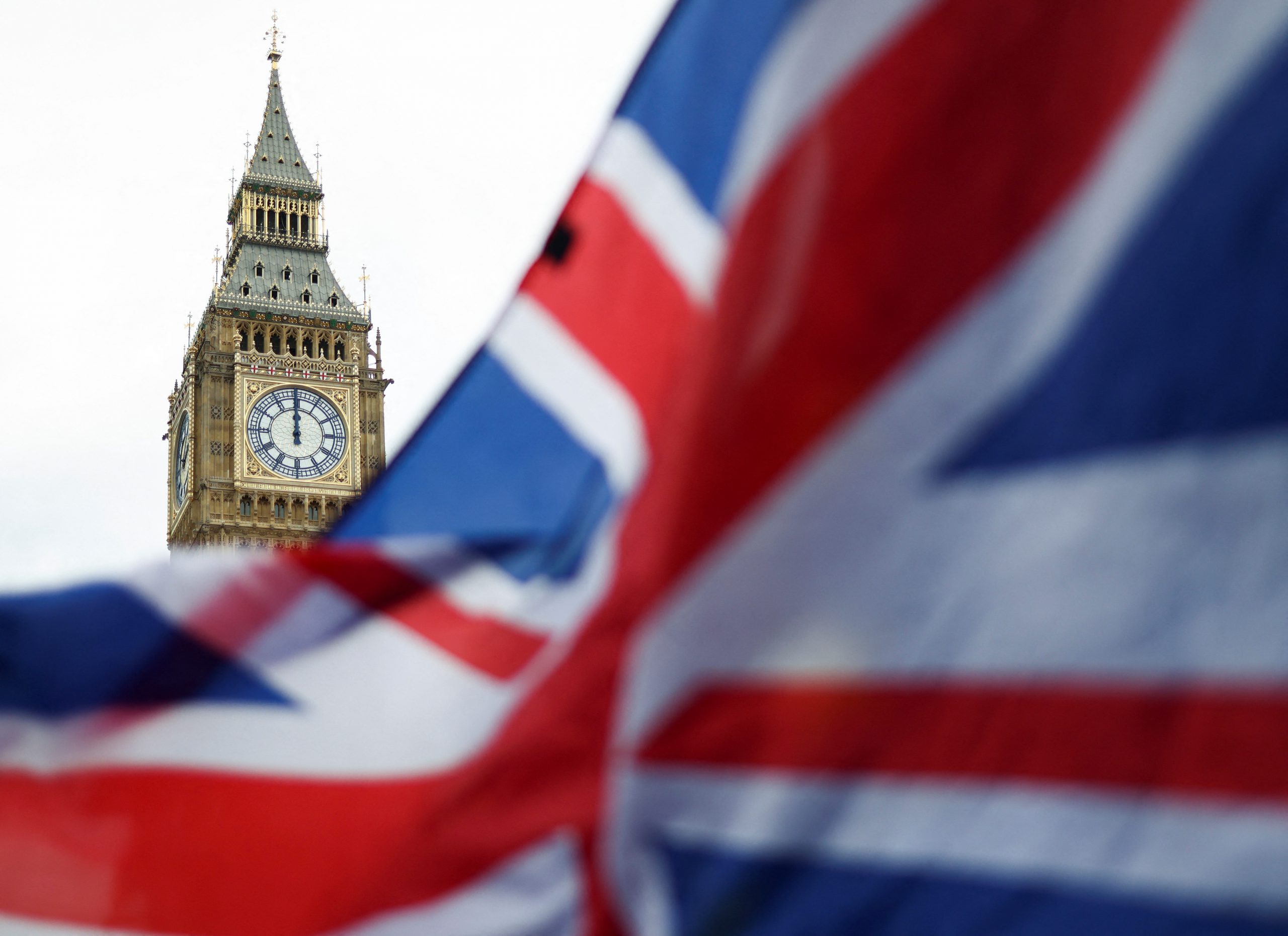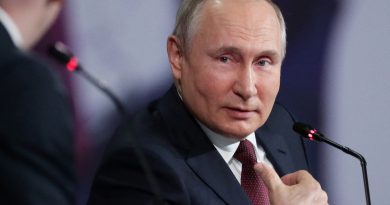Iran’s Guards warn of “decisive” action if unrest continues
Dubai (Reuters) – Iran’s merciless Revolutionary Guards warned anti-government protesters on Monday of “decisive” action if unrest over gasoline price hikes does not cease, state media said, hinting at a harsh security crackdown.
The protests have spread across the Islamic Republic since Friday, with demonstrators demanding that clerical leaders step down. At least 100 banks and dozens of buildings and cars have been torched, state media reported.
“If necessary we will take decisive and revolutionary action against any continued moves to disturb the people’s peace and security,” the Revolutionary Guards, Iran’s heavily armed main security force, said in a statement carried by state media.
The scale of the disturbances sparked by announcements of fuel rationing and price rises of at least 50 percent remains unclear as authorities have curbed Internet access to stop the use of social media to organise rallies and disseminate videos.
But it appears to be the worst unrest since late 2017 when more than 80 cities and towns saw protests by thousands of young and working-class Iranians fed up with alleged corruption, high unemployment and a widening gap between rich and poor.
The Guards and their affiliated Basij militia quelled that bout of unrest, in which at least 22 people were killed.
Now anger has resurfaced over the impact of renewed U.S. sanctions and the government’s failed promises of jobs and investment.
Some Iranians managed to post social media videos that showed police firing tear gas to disperse protesters. The images could not be verified by Reuters.
Authorities said several people, including members of the security forces and police, had been killed and around 1,000 “rioters” arrested, some for using guns and knives.
The Iranian leadership is anxious to end the unrest to avoid giving ammunition to Western, especially U.S., criticism of the Islamic Republic elite as allegedly corrupt and unaccountable.
President Hassan Rouhani’s government said the gasoline price rises were intended to raise around $2.55 billion a year for extra subsidies to 18 million families – or roughly 60 million Iranians – struggling on low incomes.
Foreign Minister Mohammad Javad Zarif rejected a statement of support for the protests by the administration of U.S. President Donald Trump, which has dropped out of an international nuclear deal with Iran and reinstated economic sanctions.
“A regime that impedes food and medicine to ordinary people, including the elderly and the sick, by economic terrorism can never get away with the obscene claim of supporting the Iranian people,” said Zarif, according to state media.
U.S. sanctions on Iran threaten access by some Iranians to certain medicines despite exemptions for imports of humanitarian goods, a report said last month.



